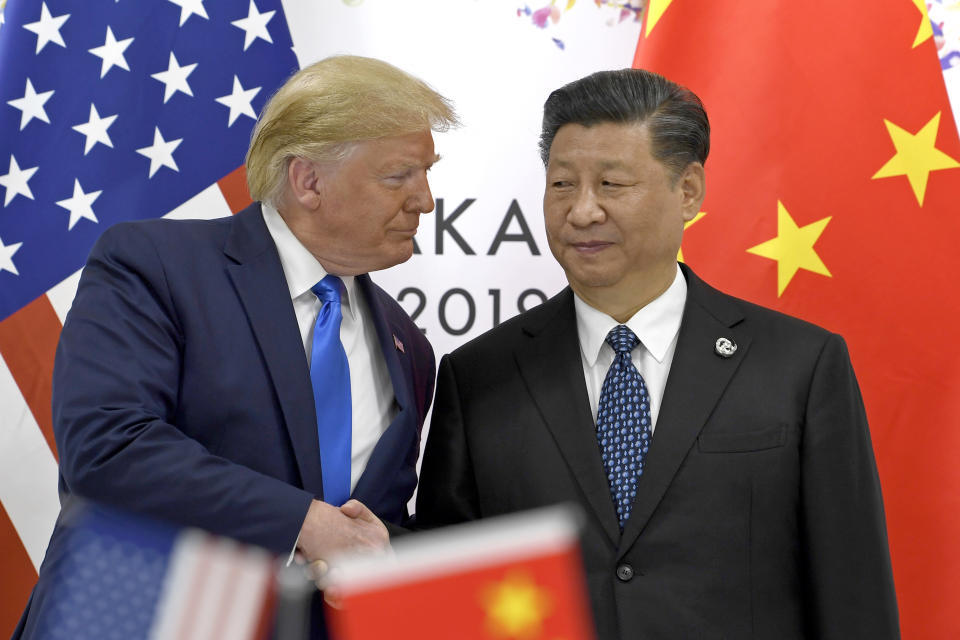The US-China trade war isn't stopping Americans from shopping — yet
Good news: Despite heightened recession fears, which sent the Dow down 800 points on Wednesday, U.S. consumer confidence is strong.
The Commerce Department says retail sales rose in the month of July to a positive 0.7%, after a 0.3% gain in June. U.S. consumers spent more at retail stores and restaurants. Additionally, online retailers, grocery stores, clothing retailers, and electronics all reported strong gains last month.
“Consumer confidence is still high, and thus far American consumers are not being swayed by the tariff wars and other factors,” Publicis Sapient’s Global Commerce Strategy Lead Jon Reily told YFi AM. “Unemployment is still low, wages are still creeping up. Other things aside — inverse curves, recession fears — things are looking pretty good right now.”

“People are going to continue to go to stores, people are going to continue to buy, as long as they feel good about the future,” says Reily. “And tariff woes, non-withstanding, that appears to be continuing to happen.”
Will the tariff war dent U.S. consumer confidence?
Earlier this month, the Trump administration said it would slap tariffs beginning Sept. 1 on $300 billion of Chinese goods, which would effectively cover all of China’s exports to the United States.
President Donald Trump backed off part of the plan this week, delaying duties on items such as cellphones and laptops until mid-December, in the hopes to avoid the impact on U.S. holiday sales. However, if and when these tariffs come into effect, there’s fear the consumer will have to pay the price.

“Ultimately if the 30% tariffs do take place on electronics, and the 15% that are being discussed on clothing move to 30%, retailers will have to pass that on to consumers,” says Reily. “That’s absolutely going to take a bite out of consumer confidence and people will perhaps not buy as much.”
“That said, there’s a little bit of a bright spot coming in the administration delaying those electronics tariffs towards the end of the year,” notes Reily. “The Walmarts and Targets of the world can probably absorb that without passing that onto consumers. That will hurt the smaller brands, the American Eagle type companies and companies like JCPenney more than anything else. That said, I don’t think that will affect consumer confidence in the immediate term, those 30% numbers are absolutely going to affect consumer confidence.”
Follow Yahoo Finance on Twitter, Facebook, Instagram, Flipboard, SmartNews, LinkedIn, YouTube, and reddit.

 Yahoo Lifestyle
Yahoo Lifestyle 